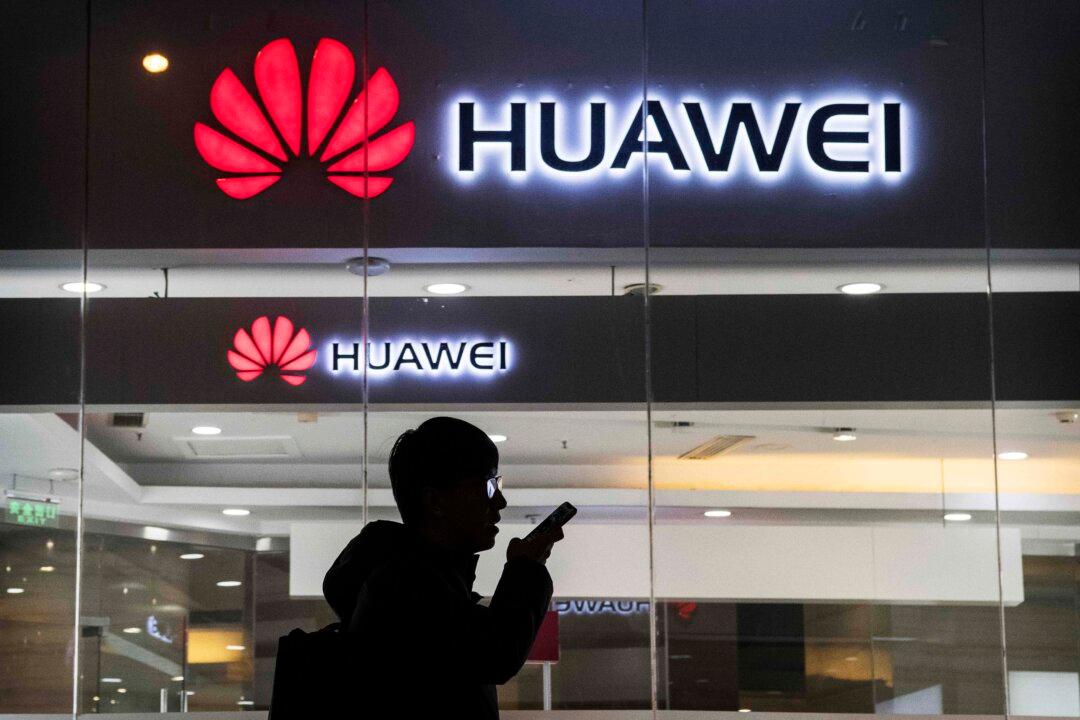Innovation Minister François-Philippe Champagne won’t say when he will release guidelines on reining in research partnerships with foreign entities that pose a national security risk, such as the Chinese military and its affiliated companies like Huawei.
During his testimony before the House of Commons science committee on Nov. 20, the minister faced persistent questioning from MPs, including Liberal Valerie Bradford, regarding the specific timeline for the implementation of the measure.





